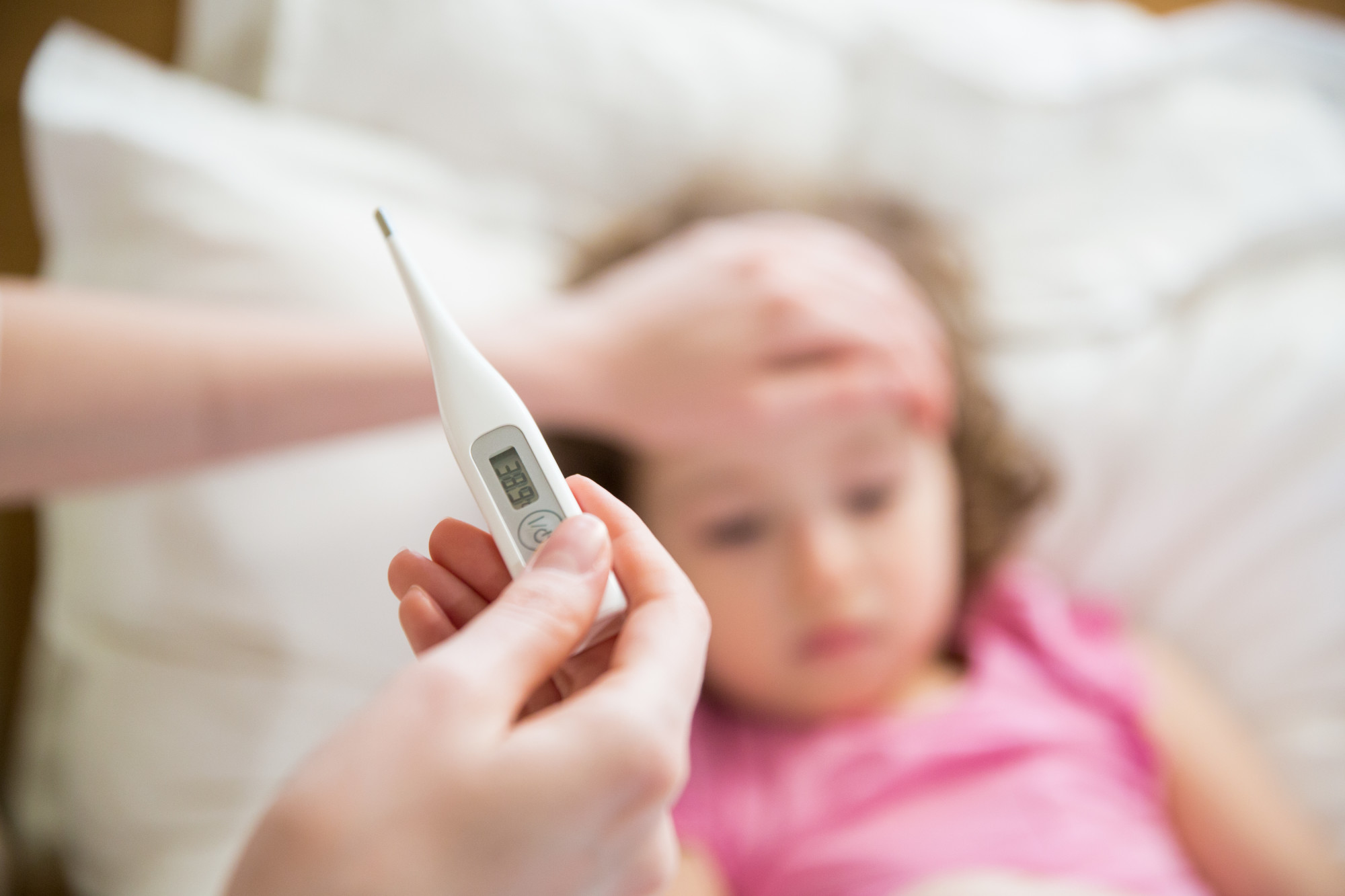Think back to the first time you felt a nasty fever. Maybe you were shaking or shivering. Perhaps you were burning up and sweating. Whatever your symptoms, you probably would have done anything to break the fever and start to heal.
Fevers are common when we’re sick, but they can be uncomfortable. The more you understand fevers, the easier it will be for you to help people who have fevers. Whether you have a fever or your child has a fever, breaking a fever is the best way to start the healing process.
In the article below, you’ll find a helpful guide to fevers. This guide will cover the causes of fevers, symptoms, fevers in children, home remedies, and medicine for fevers. Continue reading to learn more about how to break a fever.
The Causes of Fevers
Fevers are usually caused by infections like the flu or common cold. Other conditions such as urinary tract infections or pneumonia can also cause fevers. Some medications, vaccines, or inflammatory conditions can lead to fevers, too.
Some Common Fever Symptoms
If you’re sick, you might ask yourself, “How long does a fever last?” They can last for hours or days. The symptoms during this time can be uncomfortable.
Fever symptoms include a higher body temperature and sweating. Fevers can also produce chills, headaches, muscle aches, fatigue, and loss of appetite. Severe symptoms like confusion, difficulty breathing, or a stiff neck may indicate a more serious condition.
You should seek medical attention if you or a loved one has these symptoms.
Dealing With Fevers in Children
Children are prone to fevers due to their developing immune systems. Parents should watch their child’s fever closely. If their temperature is above 100.4°F (38°C), consult a healthcare professional.
For infants younger than three months, even a slight temperature increase should be reported to a doctor.
Helpful Home Fever Remedies
You can help ease a fever at home. Stay hydrated by drinking fluids like water, herbal tea, or electrolyte solutions. Use a cool compress on the forehead or take a lukewarm bath to reduce body temperature. Rest and keep the room at a comfortable temperature.
Effective Medicine for Fevers
Over-the-counter medicines like acetaminophen (Tylenol) and ibuprofen (Advil) can help manage fever symptoms. These medicines work in adults and children, but you should always follow the recommended dosage.
It’s also important to ask a healthcare professional for advice, especially when giving medicine to children. Avoid giving aspirin to children to prevent Reye’s syndrome.
Remember, while medicine can help with symptoms, it doesn’t address the underlying cause. If the fever persists, worsens, or is accompanied by severe symptoms, seek medical attention.
Reviewing Things to Know About Fevers
In conclusion, you must understand fevers so you know how to manage them. Know the causes, recognize symptoms, and use home remedies or medicine appropriately.
If you want to learn more about breaking fevers, you can check out some of the other articles going live on this website each week.


